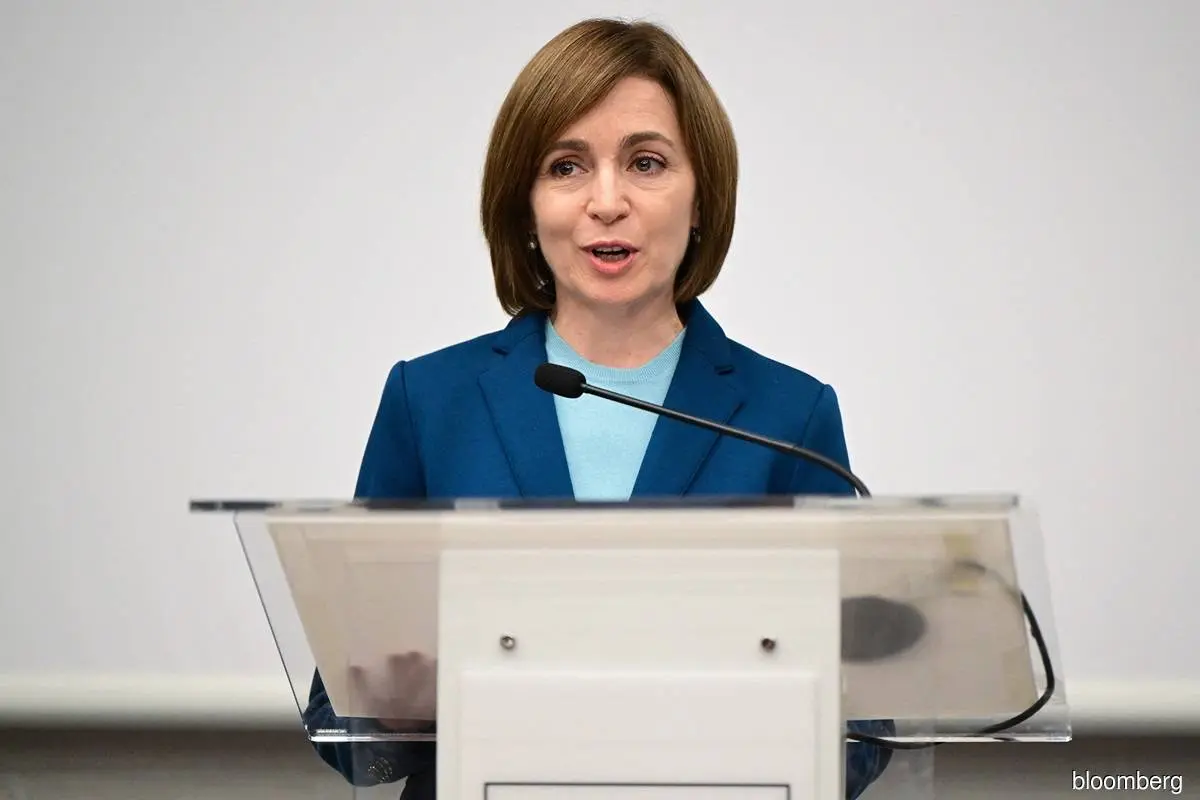Moldova’s pro-European incumbent, Maia Sandu, declared victory on Sunday in a closely contested presidential runoff, with preliminary results showing her securing 54 percent of the vote. Her opponent, Alexandr Stoianoglo, supported by a pro-Russian party, received 45.3 percent, according to near-complete figures from the Central Electoral Commission (CEC).
“Today, Moldova, you have achieved a historic victory! This is a true lesson in democracy, one for the history books,” said the 52-year-old former World Bank economist. She celebrated the outcome as a triumph for “freedom, truth, and justice,” positioning it as a step toward Moldova’s EU aspirations.
With nearly all votes counted in the second round, Sandu led with 54.7 percent, while Stoianoglo, a former prosecutor general backed by the Party of Socialists, had 45.3 percent. Sandu’s victory is seen as a win for Moldova’s pro-Western government, which supported her efforts to strengthen EU ties.
“Moldova, you have prevailed! Today, you saved Moldova by choosing a dignified future. In this decision, no one lost,” Sandu stated after midnight. However, she raised concerns about “unprecedented interference” in the vote, citing alleged illicit financing, vote-buying, and external influences from hostile forces and criminal groups.
“You have shown that the people’s voice cannot be silenced when they choose to speak through their vote,” she added.
Diaspora’s Role
The CEC reported a 54 percent turnout, with 1.68 million Moldovans casting their votes by 9 p.m. local time (1900 GMT). Moldova’s large diaspora played a significant role, with more than 325,000 overseas ballots cast—most of them in support of Sandu.
In the first round held on October 20, Sandu garnered 42 percent of the vote but did not achieve an outright majority over Stoianoglo, who placed second. The Moldovan presidency holds critical powers over foreign policy and national security, with a term lasting four years.










